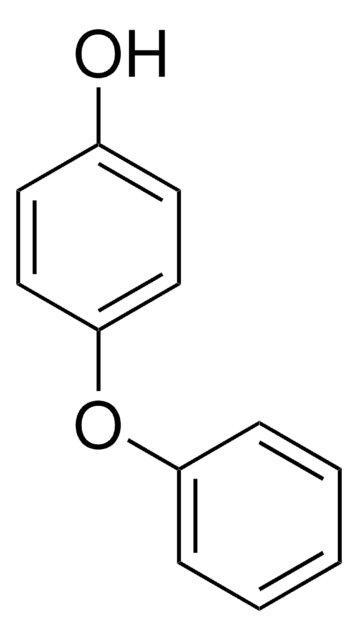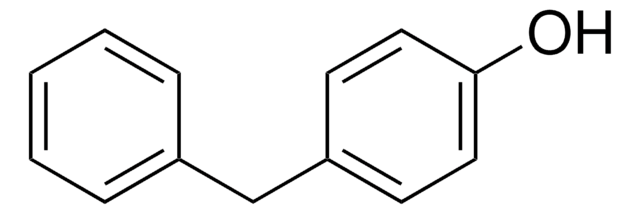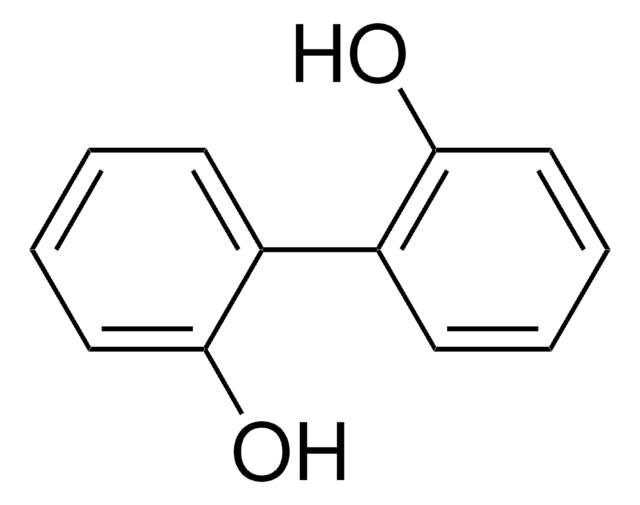260576
2,3,4-Trihydroxybenzophenone
97%
About This Item
Productos recomendados
Análisis
97%
mp
139-141 °C (lit.)
solubilidad
ethanol: soluble 2%, clear, yellow to very dark yellow-orange
grupo funcional
ketone
phenyl
cadena SMILES
Oc1ccc(c(O)c1O)C(=O)c2ccccc2
InChI
1S/C13H10O4/c14-10-7-6-9(12(16)13(10)17)11(15)8-4-2-1-3-5-8/h1-7,14,16-17H
Clave InChI
HTQNYBBTZSBWKL-UHFFFAOYSA-N
¿Está buscando productos similares? Visita Guía de comparación de productos
Descripción general
Palabra de señalización
Warning
Frases de peligro
Consejos de prudencia
Clasificaciones de peligro
Eye Irrit. 2 - Skin Irrit. 2 - STOT SE 3
Órganos de actuación
Respiratory system
Código de clase de almacenamiento
11 - Combustible Solids
Clase de riesgo para el agua (WGK)
WGK 2
Punto de inflamabilidad (°F)
Not applicable
Punto de inflamabilidad (°C)
Not applicable
Equipo de protección personal
dust mask type N95 (US), Eyeshields, Gloves
Elija entre una de las versiones más recientes:
¿Ya tiene este producto?
Encuentre la documentación para los productos que ha comprado recientemente en la Biblioteca de documentos.
Nuestro equipo de científicos tiene experiencia en todas las áreas de investigación: Ciencias de la vida, Ciencia de los materiales, Síntesis química, Cromatografía, Analítica y muchas otras.
Póngase en contacto con el Servicio técnico









